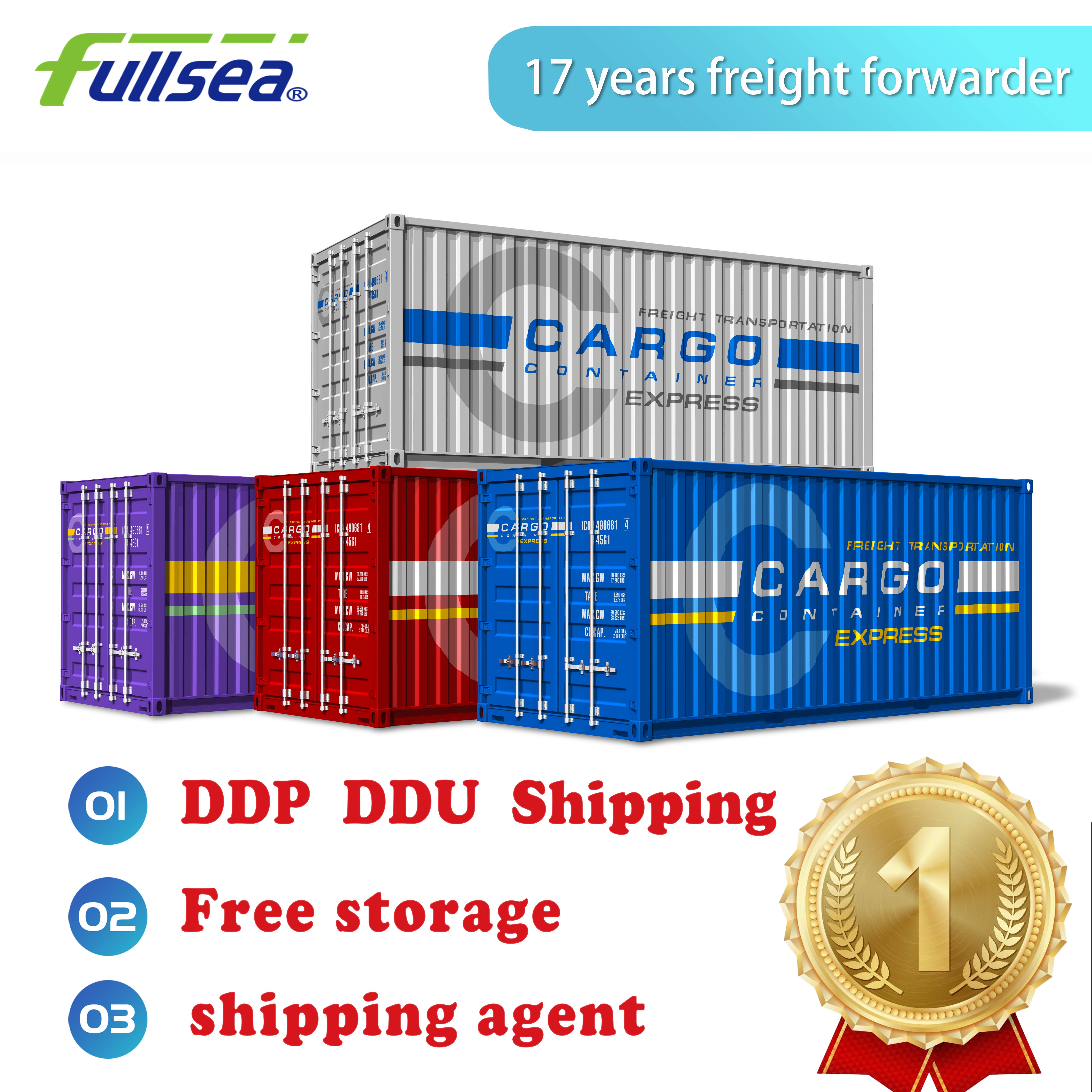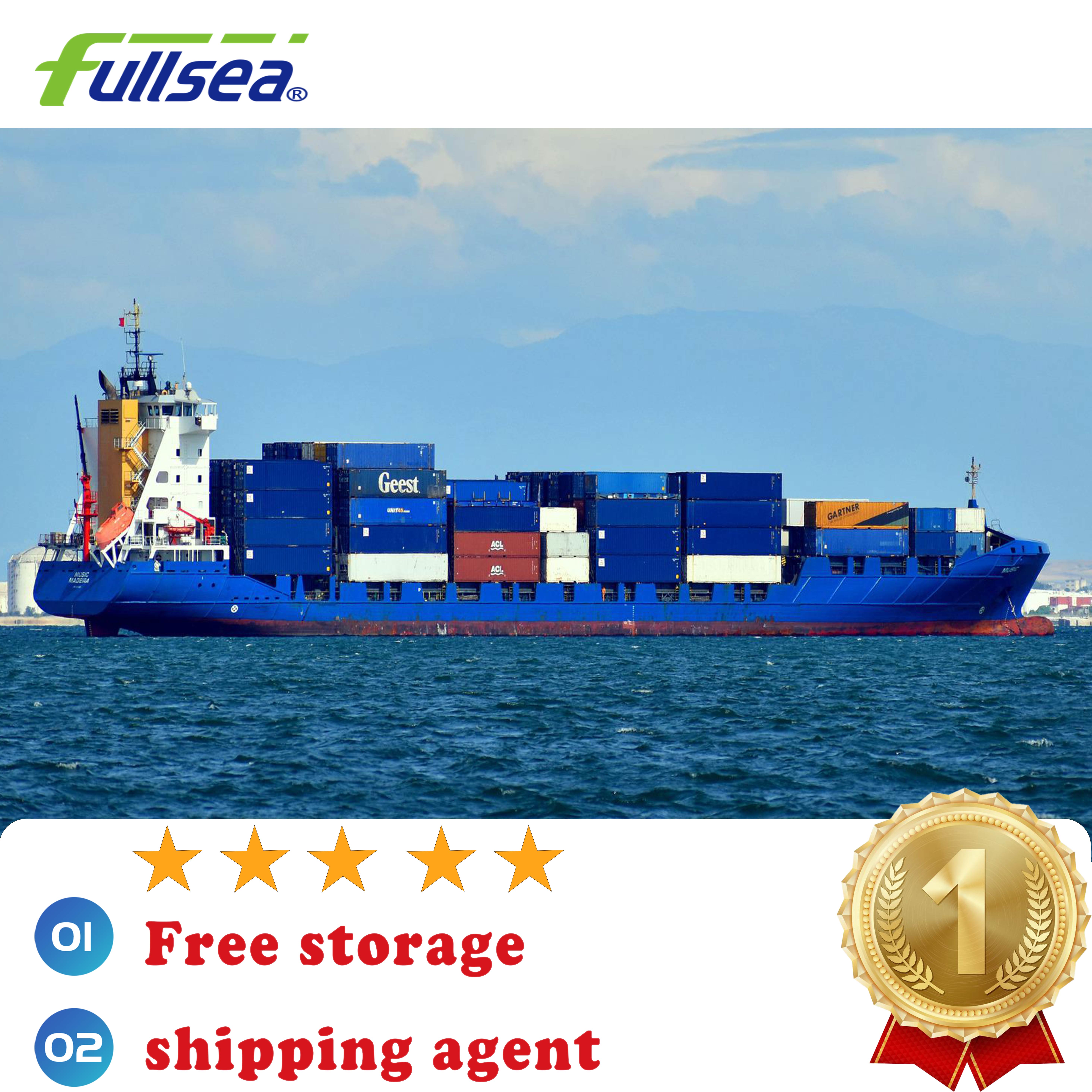LCL Railway Delivery Service: A Simple Guide for Global Shipping
Shipping goods across the globe can be challenging, especially when looking for a cost-effective and reliable way to transport items. One good option is LCL railway delivery service, which is becoming more popular for its affordable cost and efficiency. In this blog post, we will explain the benefits, process, and things to consider when using an LCL railway delivery service for your shipments.
What is LCL Railway Delivery?
LCL stands for Less than Container Load. It means that goods from different shippers are grouped together in one container. In an LCL railway delivery service, goods are moved by rail. The cargo is packed in containers at rail hubs before being sent to their final destination.
This is different from FCL (Full Container Load), where one shipper fills an entire container with their goods. For businesses that have smaller amounts of goods to ship, LCL railway delivery service is a good choice. It allows them to share container space with others, which lowers shipping costs.
Why Choose LCL Railway Delivery?
1. Cost Savings
One of the biggest reasons is the lower cost. Since multiple shippers share the container space, the cost is divided among them. This makes it cheaper for businesses that do not need a full container. Rail transport is also usually cheaper than air freight, especially for long-distance shipping.
2. Eco-Friendly
Rail transport is often seen as a greener option compared to road or air transport. The service is more energy-efficient and creates less pollution. As companies focus more on sustainability, using the service helps reduce the environmental impact of shipping.
3. Reliable and Timely Delivery
The service is also known for being reliable. Trains follow fixed schedules and are less likely to be delayed by weather or traffic problems. This makes rail transport a good option for timely deliveries, especially when shipping long distances.
4. Large Network and Global Reach
Rail networks are widespread, especially in countries like China, Russia, and many parts of Europe. With the service, businesses can use these large rail networks to send goods efficiently across countries. Rail operators often work with shipping companies to connect sea and rail transport, making international shipping smoother.
How Does LCL Railway Delivery Work?
1. Booking and Consolidating Shipments
First, you need to book your LCL railway delivery service with a freight forwarder or logistics company. They will arrange to combine your goods with other shipments to fill a container. This is called "consolidation." The goal is to make the best use of available container space.
2. Transporting to the Rail Hub
After the goods are packed into a container, they are sent to a rail hub. This might involve a short truck trip or local rail transport, depending on where the goods are coming from. The rail hub is where shipments are sorted and prepared for the next stage of transport.
3. Rail Transport
Once at the hub, your goods are loaded onto a train. Rail transport is a good option for long-distance shipping. The trains will carry the goods across different regions, and modern rail networks make this process quick and efficient.
4. Customs Clearance
When shipping internationally, customs clearance is required. Your freight forwarder will make sure all necessary documents are ready. This includes things like commercial invoices and certificates. Customs officials will check these documents before allowing the goods to continue their journey.
5. Final Delivery
When the goods arrive at the destination rail hub, they are unloaded. From there, they are either sent by truck to their final destination or directly delivered to the business or warehouse. This is the last step in the shipping process.
Important Considerations for LCL Railway Delivery
1. Transit Time
The time it takes for goods to reach their destination can vary. Rail transport is usually faster than sea shipping, but slower than air freight. Be sure to plan ahead and check the estimated delivery time.
2. Packaging and Handling
Some goods need special care when being shipped. Fragile items may require extra protection or temperature-controlled packaging. Be sure to check if your chosen LCL railway delivery service can handle these needs.
3. Tracking Your Shipment
Tracking your goods while they are in transit is important. Many services offer tracking tools so you can follow your shipment’s progress. Make sure your provider offers clear tracking information and updates.
4. Costs and Fees
While the service is generally cheaper than other shipping options, there may still be additional fees. Always ask for a full breakdown of costs, including handling fees and customs charges, so there are no surprises.

Tips for Using LCL Railway Delivery
1. Choose the Right Freight Forwarder
Find a reliable freight forwarder with experience in the service. They should have a good network and offer competitive pricing.
2. Optimize Your Packaging
Good packaging can help reduce costs and prevent damage. When your goods are packed well, they take up less space, and the risk of damage during transport is lower.
3. Prepare for Customs
Make sure all the necessary customs documents are ready before your goods arrive. Your freight forwarder can help with this. Proper paperwork will avoid delays at customs.
4. Plan Shipments Early
If you can, plan your shipments ahead of time. While LCL railway delivery service is cost-effective, it may not always be the fastest. If your shipment is time-sensitive, make sure to plan carefully.



